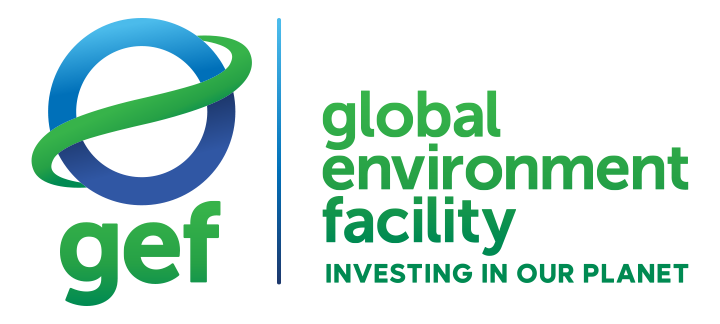The 57th GEF Council and the 27th LDCF Council approve a total of USD 75 million to support FAO-led projects

17-19 December 2019, Washington. The 57th Global Environment Facility (GEF) Council and the 27th Least Development Countries Fund (LDCF) Council have approved a funding of USD 61.5 million and USD 13.6 million respectively to support FAO’s work in key areas of climate change mitigation and adaptation, consrving and mainstreaming biodiversity, sustainable land management, and blue economy. The funding will benefit 12 countries across 5 regions and a regional project (co-implemented with the Development Bank of Latin America) will contribute to Blue Economic development and implementation plans for six countries on the Caribbean Large Marine Ecosystem.
The December 2019 GEF Council work program also includes addition of Brazil, India, Nigeria, Paraguay, and Uganda to the Food Systems, Land Use and Restoration Impact program (FOLUR IP), with FAO leading the country projects in India and Nigeria. In India, with the funding of USD 20 million, FAO will help the country accelerate efforts to evolve a new model of sustainable agriculture to transition toward ecologically functioning and healthy landscapes and ecosystems.
The organization’s efforts towards climate change mitigation and adaption also received important support in the LDCF Council work program. For example, the LDCF project in Sudan will help reduce climate vulnerability of pastoral and farming communities along the migratory routes in North Darfur and improve their social protection, food security and nutritional status.
With just 18 months into the current 4-year replenishment of the GEF Trust Fund (GEF-7), FAO has already secured a total funding of over USD 253 million, exceeding the organization’s share in the previous replenishment period, GEF-6 (USD 246 million). Going forward, FAO will continue working with member countries to mobilize resources from the GEF to address global environmental concerns threatening food security.

